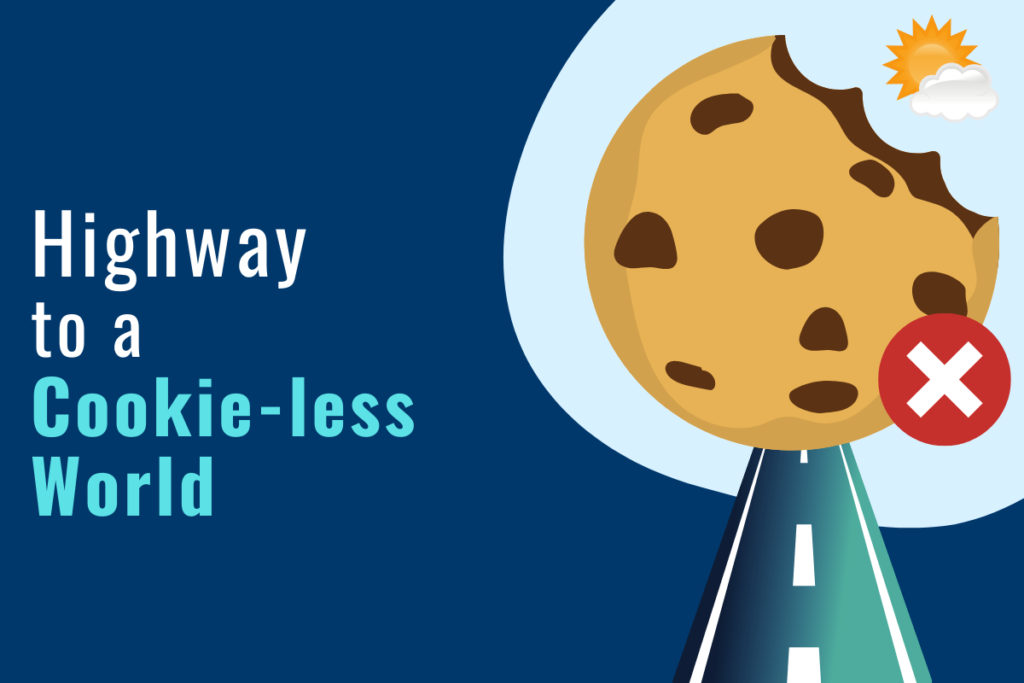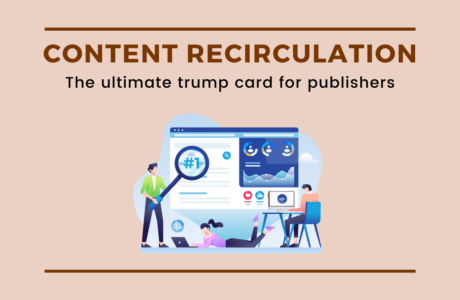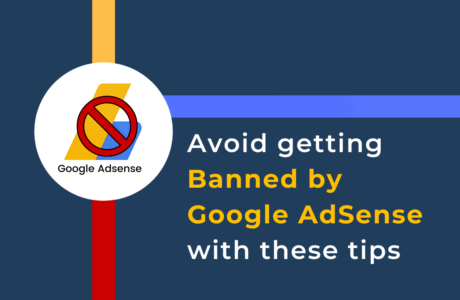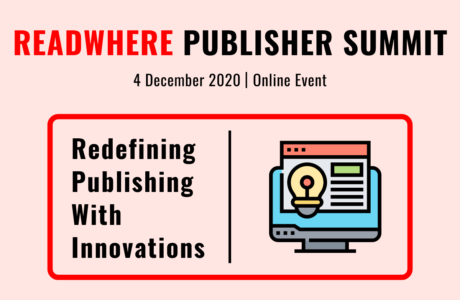How would you react if someone is keeping an eye on your activities and knows everything about you? It gets scary for almost every one of us! Similarly, we all know web browsers are concerned about how third-parties cookies. These cookies are extracting personal data from the websites you visit. Sharing this data further with the advertisers lead to retargeting and revenue generation.
Whenever you are searching for a mobile phone on the web, you start getting several ads related to it. This isn’t a coincidence, it is exactly what cookies do.
2020 is a year of surprises and Google came with surprising news. In January 2020, Google announced something big! Google intends to end support for third-party cookies in its Chrome browser within two years.
Well, yes, it is happening! Now with privacy at utmost concern not only for users but even for governments across the globe. It has influenced all major browsers to collectively decide and not support any third-party cookies in future.
Before we go deeper into this, let’s understand what cookies are? What led to this? How we can prepare ourselves?
WHAT ARE COOKIES?
Cookies are text strings that websites save to your hard disk. They serve as a memory tool. They are able to recognize your online behaviour and remember your actions.
While this may sound negative, cookies are actually what makes the World Wide Web work the way it does. What happens when you are online shopping, logging in to an account, or browsing the internet? Cookies are responsible for your overall online experience.
There are three types of computer cookies:
- Session cookies
- Persistent cookies
- Third-party cookies
These virtually invisible text files are all very different. Each with its own mission, these cookies track, collect, and store any data that companies request.
WHERE DID COOKIES COME FROM? HOW DID IT GET ITS NAME?

While working on an online store for an eCommerce company, inspired by the magic cookies used for user identification. He created a modern-day cookie that could store the cart details on the user computer and reduce the server cost.
This led to the development of the Modern-day web cookie.
Recommended Read: Top 6 Ads strategies to efficiently improve Adsense Revenue
The utilization of cookies is to identify the computer. But now they have the added function of storing data and also tracking your activity. The pleasantly named packets of data can be useful or a breach of privacy depending on the usage.
HOW DO COOKIES WORK?
When you visit a website for the first time, the website returns the content and also puts a cookie on your hard drive that has its own unique identification code.
The site uses this cookie to keep track of your session from start to finish. The reason it’s done is to keep track of your behavior on the site and recommend and suggest content based on your behavior for better engagement.
Now, first-party cookies are the type of cookies placed by the websites that you visit on your hard drive.
But there are some cookies that are also implemented on your hard drive by the sites that you have not visited or are not aware of. They are called third party cookies.
For eg., you visit a site that has a like and share button from Facebook. The buttons interact with Facebook and can save cookies to track your behaviour and use that information later.
Stuff like this has led governments and regulatory boards to come together and form some rules and regulations to protect data privacy.
Some examples of the regularities are “General Data Protection Regulation (GDPR)”
The GDPR sets out seven key principles:
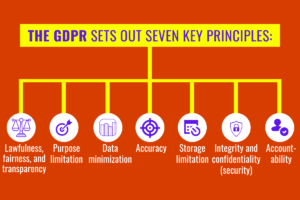
Here are the types of privacy data that GDPR protects.
California Consumer Privacy Act (CCPA) is a state-wide data privacy law. It regulates how businesses all over the world are allowed to handle the personal information (PI) of California residents. The CCPA became effective on January 1, 2020.
And the latest one, which will be passed soon is “Personal Data Protection Bill 2019”. It covers Indian users and focuses on the data protection of half a billion users online in India.
Now that we know there are governments looking at it. Let’s look at various browsers and understand what they are doing to keep our data safe and secure.
In 2016 Apple released the first version of ITP ( intelligent tracking prevention ), where cookies are allowed to be used in a third-party context for 24 hours.
After that, the cookies reside in the browser for 30 days. In case if the user doesn’t interact with that domain in 30 days, the cookies will be purged.
And in 2018 Apple released the second version of ITP and in this, the 24-hour window was eliminated.
So we can say that 2022 will mark the beginning of a new cookieless era.
But before we reach there, here are a few things we all should keep in mind and prepare for.
First and foremost, amplify your owned data- Improve first-party data collection :
A precise, careful and thorough implementation of data capturing mechanisms is essential. It ensures that robust data is available as granular input. The vital purpose remains targeting and personalization of users who have already engaged with your brand. But bear in mind that starting early is key, as you may need time for data to build up sufficient data volumes.
Implement best-in-class cookies consent management solutions :
If you haven’t already done so, to ensure that your first-party data is fully compliant with regulations and future-proof. Moreover, clearly communicate to your customers how you process and protect their data, to increase trust.
Understand your data and audience:
Publishers need to simplify the process & start generating actionable insights from their user data. Make data relevant, addressable, and measurable.
Subscription walls and paid-for-media:
This looks like a viable solution for publishers creating rich niche content. If your content is premium and adds value to the user, do not hesitate to charge for it. Similarly, E-papers, Vlogs, Business News, Consultation are few areas where you can charge for the content.
The future is cookie-less, i.e advertisers will not know who they are targeting in terms of his behaviour and preferences. However, it gives us an opportunity to build a strong connection with your users and understand them.
Readwhere AdExchange is the one-stop solution for growing your advertising business.

